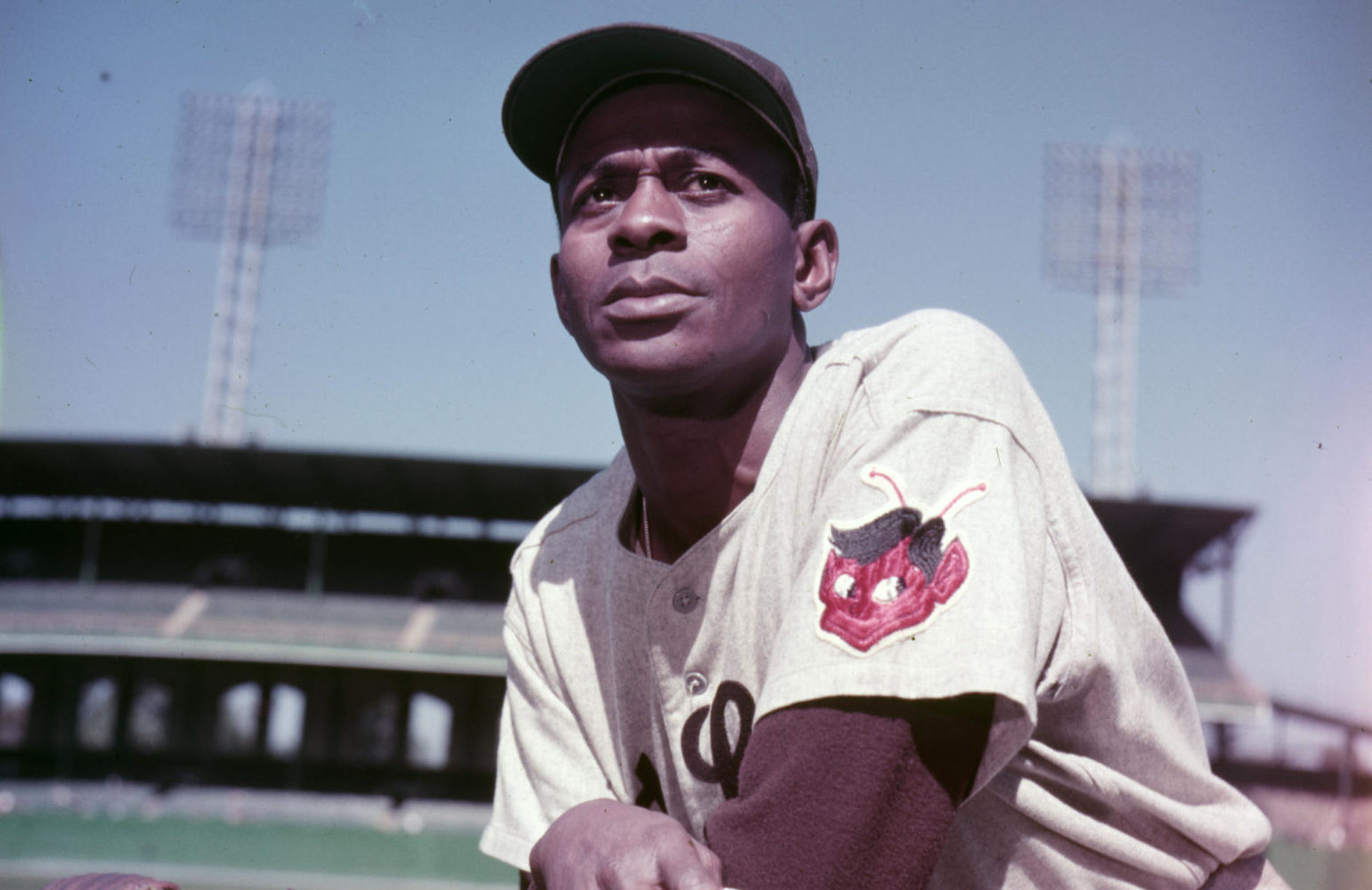Times staff report
The AT&T Alabama African-American History Calendar has been highlighting the achievements of the state’s best and brightest since 2011. It highlights the achievements of 12 notable Alabamians for a calendar year. Here is a listing of honorees who have had a compelling impact on Alabama and beyond, with the year they have appeared on the calendar.
The Rev. Joseph Lowery (2013)
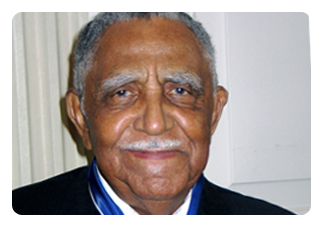
The Rev. Joseph Lowery is known as the “Dean of the Civil Rights Movement,” due to his work to establish equality for all races and ethnicities. Born in Huntsville, Ala., Lowery became pastor of Warren Street Methodist Church in Mobile, Ala., in 1952 and got involved with the civil rights movement. In 1957, he co-founded the Southern Christian Leadership Conference (SCLC) with the Rev. Dr. Martin Luther King Jr., the Rev. Fred Shuttlesworth, and the Rev. Ralph David Abernathy. He was the president of the Atlanta chapter of the SCLC in Atlanta, Ga., and served as the group’s national president from 1977 to 1997.
John Mitchell Jr. (2015)
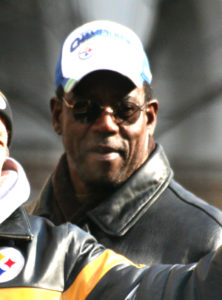
In 1971, Mobile, Ala., native John Mitchell Jr. became the first African-American to play varsity football for the University of Alabama. In his second season, Mitchell became the team’s first African-American co-captain. And at 21 years old, he became the school’s first African-American assistant coach and the youngest coach hired at the university. Mitchell later joined the NFL as a defensive line coach for the Cleveland Browns in 1991 and for the Pittsburgh Steelers in 1994.
Judge Vanzetta Penn McPherson (2017)
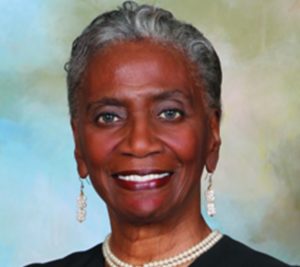
Montgomery, Ala.’s, Judge Vanzetta Penn McPherson has served 30 years as a civil rights lawyer and federal magistrate judge. She served as assistant attorney general in 1975 and spent 16 years in solo law practice. Her fields of expertise include domestic relations law and civil rights law. Her most famous case was filed in 1987 against white officer who had promoted only one African-American deputy since 1954 and maintained an openly racially abusive environment. As a result of that case, the Montgomery County Sheriffs’ department now has several black deputies in leading positions, as well as an African-American sheriff.
Jesse Owens (2012)
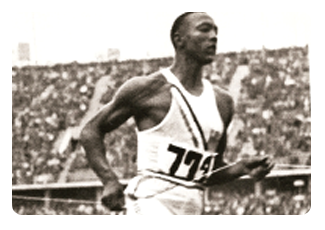
Oakville, Ala., native Jesse Owens became a national and international hero when he jumped 26.4 feet in the 1936 Berlin Olympic Games, winning gold and smashing the idea of Aryan supremacy. Owens’ world record stood for 25 years. After a stellar track and field career, which included more records either held alone or shared by other members of the International Association of Athletics Federations, Owens retired and became an inspirational public speaker. In 1955, he was named an ambassador of sports by President Dwight Eisenhower and traveled worldwide promoting amateur athletics. Owens also supported youth service organizations around the world and wrote two autobiographical books.
Satchel Paige (2013)
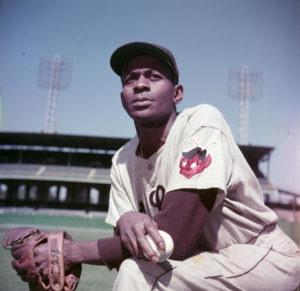
Satchel Paige, born Leroy Robert Paige in 1906 in Mobile, Ala., is known as the greatest pitcher in the Negro Leagues history and one of the greatest baseball players of any race of all time. In 1923, he joined semi-pro Negro Leagues baseball team the Mobile Tigers, launching a 22-year career playing for black teams before playing in the Major Leagues. In 1948 Paige was signed to the Cleveland Indians for two seasons and then played for the St. Louis Browns for three years. Paige became a celebrity due to his talent and style on the field. He co-starred in the western “The Wonderful Country” in 1959, and his autobiography “Maybe I’ll Pitch Forever” was a best-seller in 1962. Paige retired in 1965 at 60 years old. He signed on as a coach for the Atlanta Braves in 1968.
Henry Panion (2014)
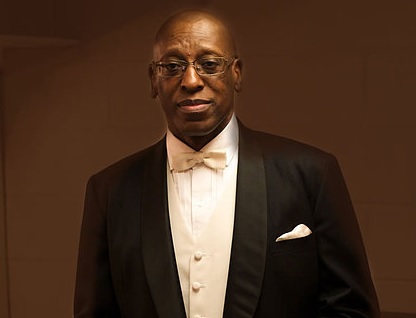
Henry Panion is a professor in the Department of Music at the University of Alabama at Birmingham (UAB). As a producer, composer, arranger, and orchestrator, his work has earned two Grammy Awards, two Dove Awards, and a host of other national music awards and nominations. He is most known for his work as conductor and arranger for superstar Stevie Wonder, for whose performances and recordings he has led many of the world’s most notable orchestras. And he made history by topping the Billboard charts on both the Gospel and Classical Crossover charts simultaneously. He has also worked with noted artists, such as the Winans; Chet Atkins; Ellis Marsalis Jr. with the SuperJazz Big Band; Eugenia Zukerman; Aretha Franklin; the Blind Boys of Alabama; Chaka Khan; the Lionel Hampton Orchestra; and American Idol winners Carrie Underwood and Ruben Studdard. Panion founded the UAB Recording Studio, where award winning recordings by such groups as the UAB Gospel Choir and the UAB Jazz Ensemble have been produced.
#BlackHistoryMonth: Notable black Alabamians will be updated throughout the remainder of February. Read Part One, Part Two, Part Three, Part Four, Part Five, Part Six, Part Seven, Part Eight, Part Nine

